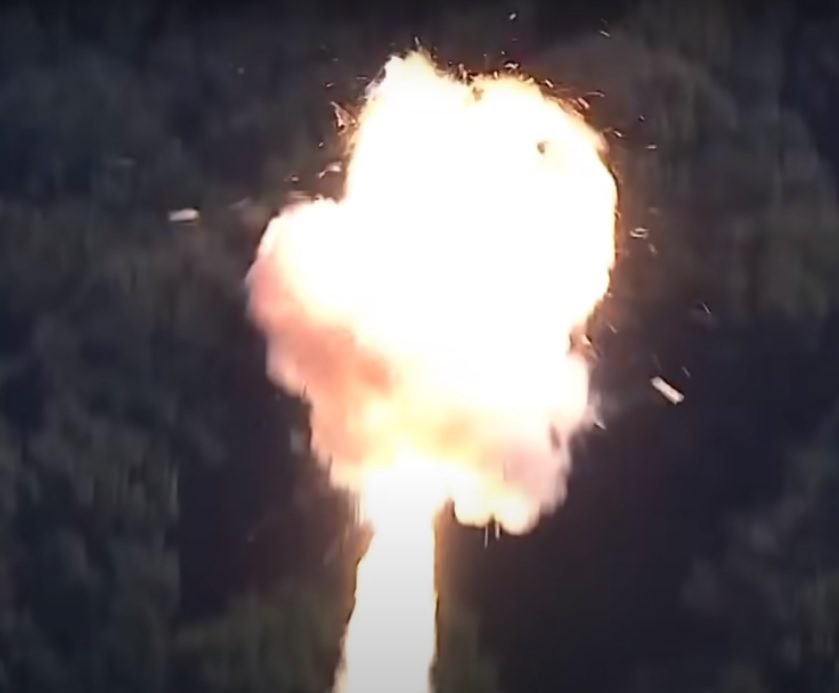This column has taken the editorial line that democratic freedom is worth protecting. As such, we continue to warn against further incursions on the freedom of speech and the freedom of the press, as well to an individual’s right of privacy, by technology-empowered state and commercial entities.
Having previously reported that the police were already abusing the original Regulation of Investigatory Powers Act 2000 (RIPA) legislation to spy on crime victims’ families, at the same time as the UK government was rushing to extend this legislation after a European legal judgement against it, it has now transpired that the police has been doing the same to journalists. The UK Government has admitted that the police have already been tracking the telephone and e-mail connections of journalists under the original RIPA legislation passed 14 years ago.
Without RIPA, the police would have needed a warrant authorisation from a judge to pursue such surveillance. Worse, it has been reported that several police forces have been using RIPA to circumvent court judgements preventing them from identifying journalists’ sources. Despite requests, the UK government and police forces have yet to reveal how many journalists have been affected, nor how many of these occurrences involved the actual investigation of terrorism – the RIPA investigatory powers’ originally intended purpose.
The London Times newspaper went on to reveal that the police had even been circumventing the official authorisation to allow eavesdropping on the actual content of e-mails and phone messages. Officially, such a warrant can only be granted by no lesser an official that the Home Secretary. However, by using loophole they can obtain such recordings from communications firms provided they are “stored” via an easier to obtain a “production order” given by a judge.
There has been more than a hint of hypocrisy from some complaining tabloid journalists, given their newspapers’ own reprehensible record of unauthorised phone surveillance on everyone from celebrities to crime victims. Nevertheless, after this new RIPA revelation, there has rightly been a public outcry.
This column had previously noted the risk of this to even aerospace journalists and their sources as they try to uncover government failures and ineptitude, sometimes involving the defence of the realm. The fear is that the press will no longer be free to pursue government and police incompetence and wrong doing.
The UK Home Secretary, Theresa May, has tried to calm these fears by promising to tighten RIPA legislation to prevent such surveillance of journalists and their sources, with the exception that it could still be used to investigate or prevent “serious crime”, presumably meaning murder, terrorism, etc., rather than school place cheating and fly-tipping/litter dropping, for which previously some council departments had been using RIPA surveillance powers to detect. Meanwhile, the Rt Hon. Sir Anthony May, the Interception of Communications Commissioner, has started his own investigation into these police surveillance activities.
Save to say, we were right to warn our readers of the temptation that such powers confer on the relevant authorities, and how they need to be properly regulated. As the Roman poet Juvenal so wisely observed: “Quis custodiet ipsos custodes?” – effectively meaning – “Who watches over the police?”
Update on 21 October 2014: Presumably noting the way that public feeling was going against the government on the issue of state spying, Sir Iain Lobban, the outgoing head of GCHQ, the government agency broadly responsible for monitoring messages both at home and abroad, and which, according to the Snowden revelations, often colludes with the US National Security Agency (NSA) to circumvent even RIPA’s limited restrictions, has made a impassioned speech in defence of message and image monitoring by the state.
In his speech, made at the Churchill War Rooms in London in October, Lobban cited the triple spectre set of “plotters, proliferators and paedophiles”, on the internet and how difficult it was to track them given the secret website services out there. “Unfortunately, there’s no badguy.com” he said.
Lobban said that there was no other practical alternative to mass data harvesting in order for GCHQ to do its work effectively. However, Lobban went on to explain that while the initial data pull was very large, it was not used in a mass surveillance way. “We (at GCHQ) access the internet at scale so as to dissect it with surgical precision,” said Lobban, adding “we only store a minuscule percentage for a limited period of time; of that, only a small percentage is ever viewed or listened to.”
During his speech, Sir Iain Lobban noted that is staff would prefer to walk out rather than engage in mass state surveillance. Sir Iain also reassuringly declared that GCHQ’s ultimate mission was “the protection of liberty, not the erosion of it”.
Comment by David Todd: Some of Sir Iain Lobban’s arguments and statements were both convincing and reassuring. And yet some of his language was calculated to be deliberately emotive, implying as somewhat disgracefully, Theresa May also recently did, that those who opposed state surveillance are actually against protecting children. This offensive line of argument actually detracted from Sir Iain’s more convincing main defence: that state surveillance is needed to defeat a very real terrorist threat, and the threat of hostile nations.
While most of the general public will be happy that the communications of the “bad guys” are being monitored, Sir Ian Lobban’s term “proliferators”, as one subset of these, was also gloriously vague and indistinct – presumably to give GCHQ the right to spy on everyone.
And on that note, this writer, a “proliferator” of space news and information, says good day and best wishes to the ladies and gentlemen now reading this at GCHQ. He hopes that some of them at least, as Sir Iain suggested, will be trying to do the right thing.





